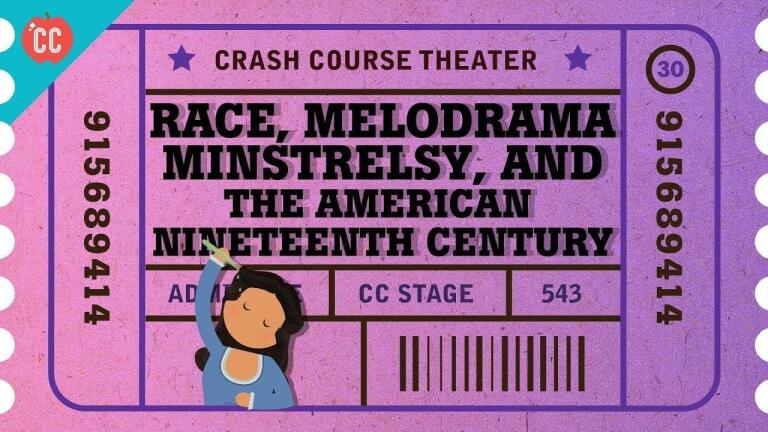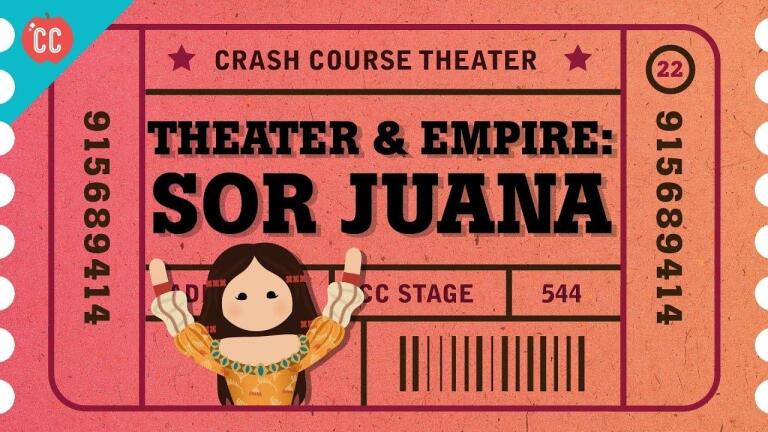Back to Show
Crash Course Theater
Why So Angry, German Theater?
Season 1
Episode 27
Theater had a slow start in Germany, mainly because Germany wasn't a thing until *relatively* recent times. After Germany finally became a unified state, it had a couple of really important theatrical movements. We'll talk about Sturm and Drang, as well as Weimar Classicism. We'll also get into the work of the greatest German playwright, Goethe, and look at his play Faust in the Thought Bubble.
Support Provided By

12:06
19th century playwrights remade the French theater – first with Realism, then Naturalism.

13:04
19th century racism contributed to a unique and troubling performance culture in America.

12:07
How did American theater develop after the Revolutionary War?

11:34
In the 18th century, audiences were ready for some really, really dramatic theater.

11:37
English Sentimental Comedies weren't that funny, but they were definitely sentimental.

10:51
Let's discuss wizard theater and the rise of classical Chinese theater and Beijing Opera.

10:13
Learn about the all-night dance shows in India that culminate in killing a Demon.

11:51
Under the Shoguns, we get Kabuki and Bunraku. And Samurais get in trouble for watching it.

11:06
American theater existed before Europeans arrived, and the Spanish greatly influenced it.

11:11
Meet Renaissance France's theater greatest playwright: Molière.

12:40
The French Neoclassical revival involved a lot of rules – and some rule-breaking.

10:40
Spain was having kind of a moment in the 16th and 17th centuries.






